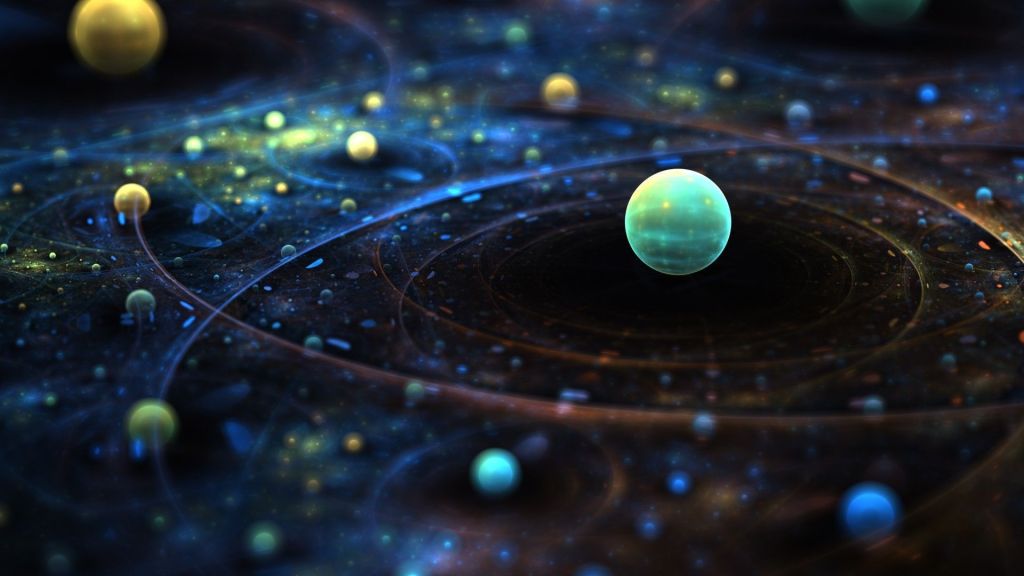Check out this interesting post by my cousin, Seth Segall, over at the Existential Buddhist. The topics Seth discusses include whether consciousness is emergent from or intrinsic to the physical world, the place of values (human or otherwise) in the universe, and the variety of God concepts available to those willing to philosophize about such matters. Seth also compares the ideas of the 13th century Zen Buddhist monk Dogen, the 17th century Jewish philosopher Spinoza, and the 20th century mathematician and cosmologist A.N. Whitehead.
Seth writes:
I could never believe in a supernatural, anthropomorphic God, an omniscient autocrat standing outside of creation, judging it, and miraculously intervening in accordance with our prayers and petitions—in other worlds, the kind of God that Whitehead describes as having the attributes of “a Caesar.” “God talk” doesn’t interest me or turn me on. As I’ve mentioned in another post, when I hear “God” mentioned in a Dharma talk, my mind wanders off. But how different — really — are Spinoza’s and Whitehead’s naturalistic, creative, immanent Gods from Dogen’s understanding of the dharmakaya? How different is Whitehead’s God who experiences the experiences of the world and nudges us towards love and beauty from Dogen’s compassionate Avalokitesvara who hears the cries of the world and awakens us to wisdom beyond wisdom? Even if one dispenses with Gods and Buddhas, if mentality, morality and aesthetics can be features of reality right down to the bone, why can’t reality also include some non-supernatural “spiritual” dimension as well? Some beneficial principle that encourages us and the world towards greater love and compassion, beauty and understanding, and our own best selves? I’m not convinced, like Whitehead and Spinoza, that God is either necessary or tenable, but I’m more open to consider it than I once was. That’s why I’m an agnostic rather than an atheist; it’s what keeps me from joining the secularist camp.
I appreciate Seth’s pragmatic (in the Jamesian sense) approach to these questions. I do not pretend to any metaphysical certainty about the existence of the Whiteheadian or any other God. From my perspective, we inhabit a cosmos that is always on the edge of chaos with nothing guaranteeing continued peace, goodness, or beauty. I do believe these ideals are realized in the ongoing genesis of this universe to a degree far greater than mere chance, but I cannot go so far as to claim they are metaphysical necessities. I think the process-relational God articulated by Whitehead allows us to recognize the realization of these ideals as somewhere in-between utterly contingent and totally necessary. They are potentials freely realized by the creatures of this cosmos because of their intrinsic desirability. Nothing is to stop any particular being in some particular circumstance from desiring otherwise. On the other hand, Whitehead makes it clear that we cannot speak of a “cosmic order” without already assuming the realization of an ideal of beauty. For Whitehead, all order is aesthetic order. In other words, no beauty, no cosmos. So the fact that there is a cosmos at all is already evidence enough that the scales are tipped toward harmony.


What do you think?